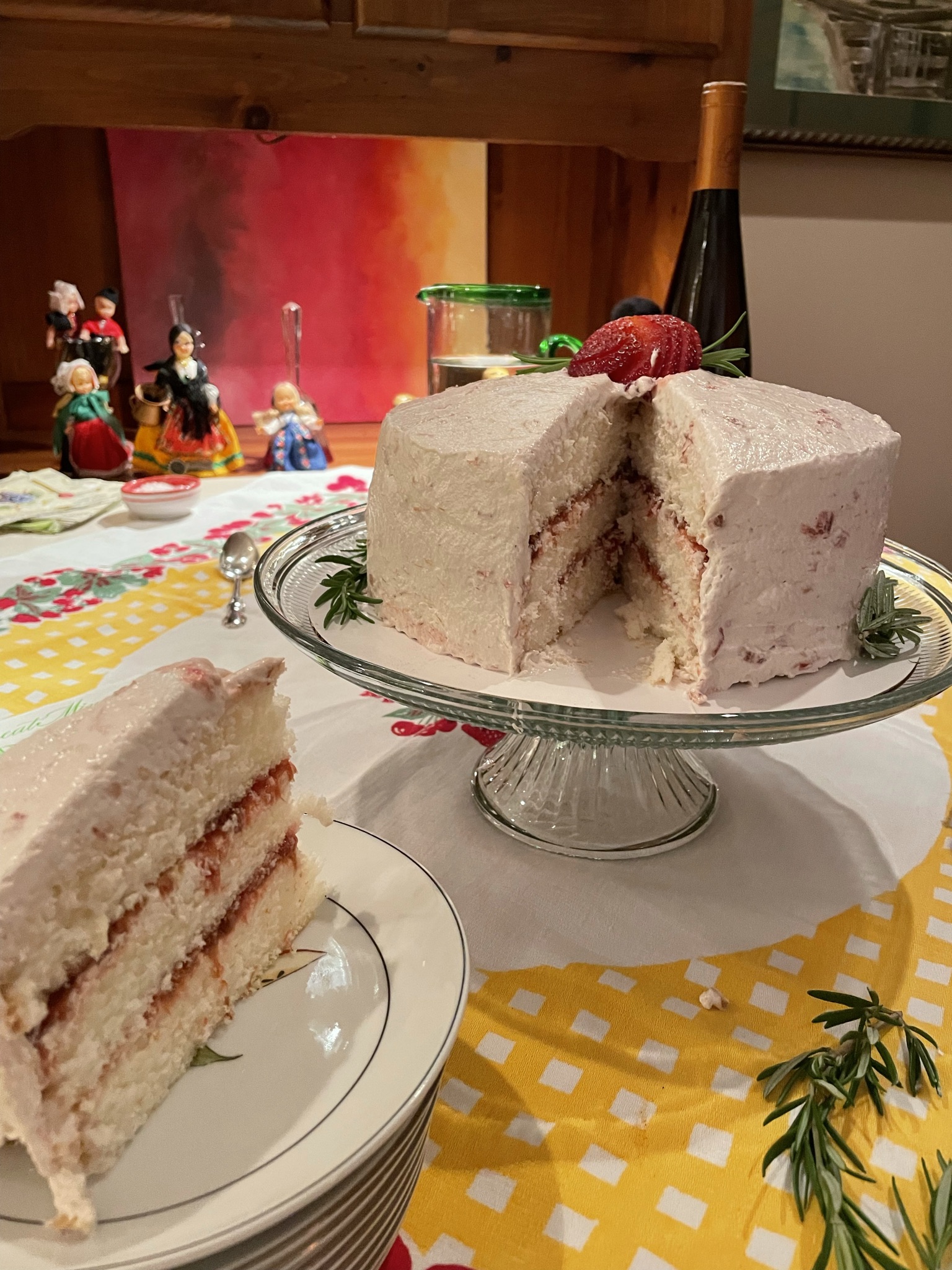


Food, glorious food
Mirepoix. The smell that makes me think of my mother. Mirepoix…celery, onions and garlic sauteing in butter. Thanksgiving…stuffing, the Macy’s Thanksgiving Day Parade, turkey roasting in the oven, family. Food is central to our lives. Our social and family gatherings center around food, the meal. Recipes are handed down through generations. Food is how we care for each other when someone is sick, has had a baby, or a loved one has died. So, it comes as no surprise that at the end-of-life, food remains so very important.
I love to talk about food! I can’t count the number of times I have sat at the bedside and talked with patients and their families about the food that their family enjoys together. There was a sweet older couple who had been married for nearly 70 years. She, a war bride from the Mediterranean, he a farmer from the Midwest. He had fallen in love with her ethnic cooking. As she lay dying, her family shared memories of holidays past, of the elaborate meals she had prepared. Everyone listed their favorite: baklava, spanakopita, baked feta, Psari Plaki. She had authored two cookbooks in her lifetime and was a legend in her church for her culinary skills. Several months after she died, her family mailed me a copy of her two cookbooks.
Chronic illness and diet
Often as people are living with chronic illness, they are restricted in their diet. A diabetic must watch sugar and carbs. Someone living with heart failure must be mindful of sodium and fluid intake. A dialysis patient must be careful to not get too much potassium. When the end-of-life is on the horizon, dietary restrictions become less important and indulging in a dietary pleasure is permitted.
As I prepared a gentleman for discharge who had decided to forego further dialysis and return home on hospice, I asked him the first thing he wanted to eat when he got home. He proceeded to provide a verbal lesson on how to make the best guacamole. This requires the perfectly ripe avocado, the right amount of lime and salt, fresh and crisp jalapenos, sweet red onion and juicy tomatoes. His family all raved about his cooking and he hoped to go home and prepare one more meal for them. On his recommendation I ordered the cookbook “The Art of Mexican Cooking” circa 1970. Thank goodness for Amazon!
Witholding artificial nutrition and hydration at end-of-life
It comes as no surprise then when families are distressed by a dying loved one who is no longer eating and drinking enough, or at all. Or when artificial nutrition and hydration are no longer being provided. Food is love. Food is life. And is not withholding nutrition and hydration at the end-of-life hastening death? This is when it becomes necessary to understand the pathophysiology of dying.
As our bodies prepare to die, nutrition and hydration become less important. When one is dying, blood flow naturally diverts from the gut in it’s effort to sustain the body’s vital organs. As a result, the gut becomes sluggish. People don’t feel as hungry. And forcing food into the gut can often result in increased discomfort in the form of abdominal pain, nausea, and vomiting. During the dying process, the heart and the kidneys function less optimally. When hydration is artificially introduced into the veins, the heart and kidneys lose the ability to eliminate excess water from the body. This results in fluid overload which manifests as shortness of breath, edema in the extremities and respiratory distress. Dehydration and malnutrition are not the cause of death. Foregoing artificial or forced administration of food and fluids at the end-of-life promotes comfort. Our bodies know what it needs during this stage of life and we should honor that.
Dessert first
Helping patients and families understand the natural process that occurs around decreasing appetite and intake during the end-of-life process is crucial to prevent feelings of guilt and worry. And as one approaches the end-of-life, it is okay to provide and offer foods that are appealing and bring pleasure and comfort. And I always recommend eating dessert first!

